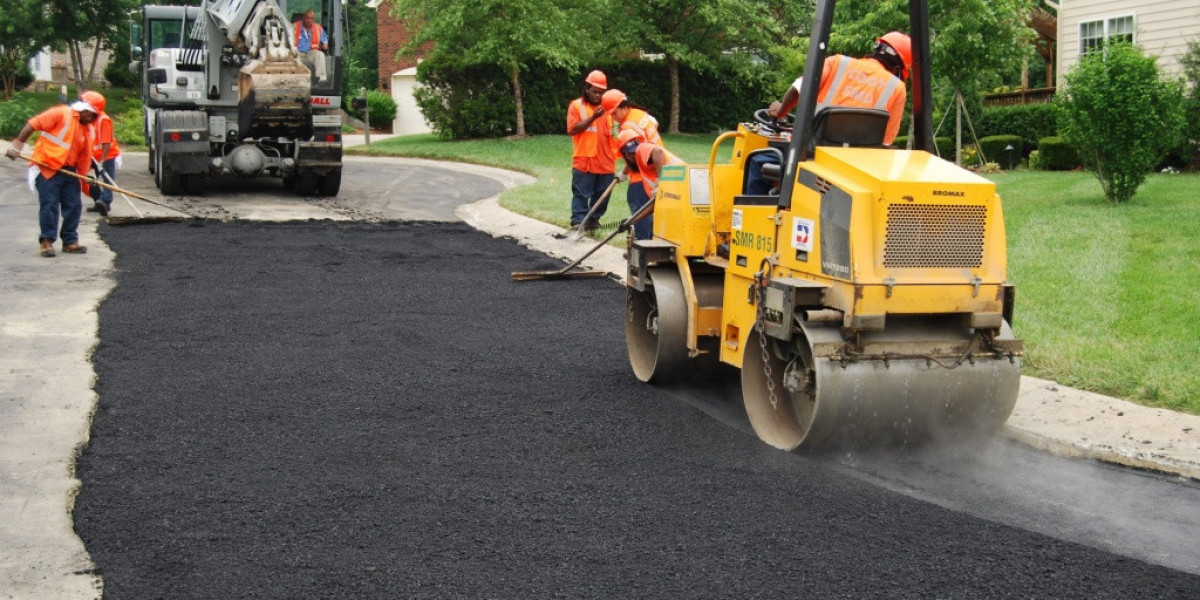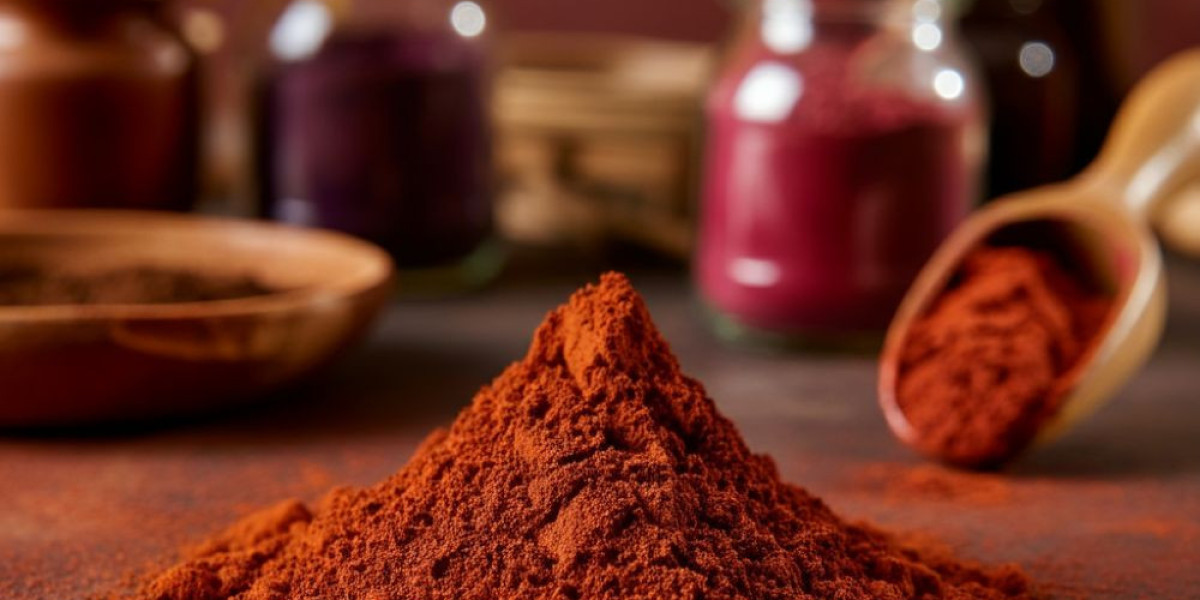Road surfacing has come a long way from the days of manual tools and basic materials. Today, technology is playing a central role in making roads more durable, cost-effective, and environmentally friendly. Whether it’s a small residential road or a high-traffic motorway, modern methods are making surfaces last longer and perform better.
If you’re considering improvements to your driveway, access road, or commercial site, understanding these new developments can help you make better choices.
Smarter Materials for Stronger Roads
One of the biggest advancements in road surfacing is in the materials themselves. Engineers and contractors are now using enhanced asphalt mixtures that improve strength and flexibility.
Polymer-Modified Asphalt (PMA)
PMA includes added polymers that boost elasticity and resistance to wear. This material is ideal for roads that face extreme temperature swings or heavy traffic. It helps prevent cracking and rutting, extending the life of the surface.
Warm Mix Asphalt (WMA)
This alternative to traditional hot mix is applied at lower temperatures, which saves energy and reduces emissions. It’s quicker to apply and cools faster, making it ideal for projects that require faster turnaround.
Recycled Asphalt Products (RAP)
Reusing old asphalt has become easier and more effective. Recycled materials now make up a significant portion of many road surfaces without sacrificing quality. This is great for both the environment and your budget.
Advanced Machinery Means Greater Efficiency
Modern paving equipment is more precise, faster, and more reliable than ever. These machines don’t just lay material—they monitor compaction levels, temperature, and surface smoothness in real time.
Laser-Guided Pavers
These machines use sensors and lasers to apply a perfectly even surface. This eliminates dips and high spots, giving a smoother finish that requires less maintenance down the line.
3D Paving Control Systems
Contractors can now pre-program exact road gradients and shapes into the paving machine. It ensures consistent thickness and reduces the need for manual correction.
Intelligent Rollers
These compactors adjust pressure and vibration levels automatically depending on surface material and thickness. That means less human error and a more reliable result.
Faster Installation with Better Outcomes
New technologies don’t just make roads stronger—they make the job quicker. This is especially helpful in built-up areas or during commercial surfacing where time is money.
Quick-Setting Binders
Used in both tarmac and concrete surfacing, these binders cure in hours instead of days. It reduces downtime for driveways and private roads, allowing you to resume access the same day in many cases.
Infrared Repair Systems
Instead of digging up entire sections, infrared systems heat and blend the damaged area back into the surrounding surface. It’s perfect for fixing potholes and cracks without major disruption.
Monitoring Technology for Better Maintenance
Preventing damage is cheaper than repairing it. Today’s roads are often equipped with smart monitoring systems that track wear over time.
Embedded Sensors
These devices are placed beneath the road surface and monitor traffic load, temperature, and structural movement. This data helps predict when maintenance is needed before damage becomes visible.
Drones and Imaging
Survey drones use thermal and 3D imaging to spot surface problems early. Contractors can then plan targeted repairs rather than resurfacing entire sections.
Greener Road Surfacing Solutions
Sustainability is becoming a major focus across the construction industry, and road surfacing is no exception. New methods are cutting emissions and conserving resources.
Eco-Friendly Binders
Traditional asphalt uses petroleum-based binders, but newer alternatives use bio-based oils that perform just as well with far less environmental impact.
Cool Pavement Coatings
These coatings reflect sunlight rather than absorbing it, which helps reduce the heat island effect in urban areas. It’s particularly useful in car parks and pedestrian zones.
Lower Emission Equipment
Modern surfacing machinery now runs on electric or hybrid power. Not only is this better for the planet, but it also reduces noise and disruption in residential or commercial areas.
What This Means for Local Projects
If you're planning a surfacing job in Hampshire or surrounding areas, you don't have to settle for old methods. Advancements in materials and machinery can give you a longer-lasting result, often with faster installation and less disruption.
Whether you're resurfacing a driveway, repairing a farm track, or preparing a car park for commercial use, working with contractors who use modern tools can make all the difference.
For example, if you're looking into road surfacing in Swindon, it’s worth asking your provider what modern techniques or materials they use. It can directly affect the longevity and quality of your surface.
Choosing the Right Partner Matters
Technology is only as good as the team using it. Skilled contractors know how to apply modern tools effectively and adapt them to suit the specific needs of your site.
Look for companies with a proven track record in using up-to-date surfacing methods. They should offer site assessments, clear quotes, and advice on which technologies will benefit your project the most.
Final Thoughts
The road surfacing industry has changed dramatically over the past decade. With smart materials, intelligent machines, and eco-friendly methods, surfaces are now tougher, safer, and faster to install than ever before.







